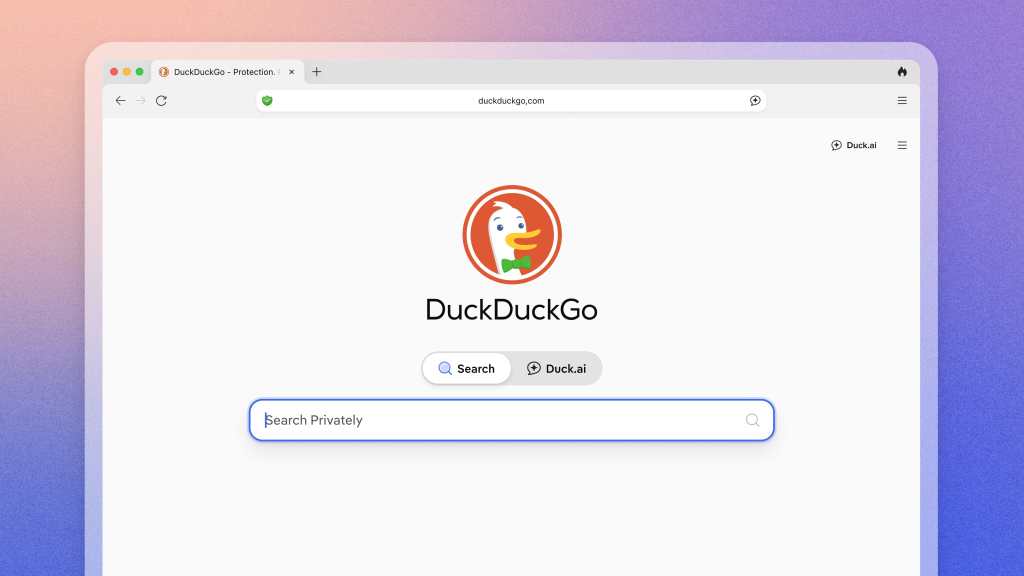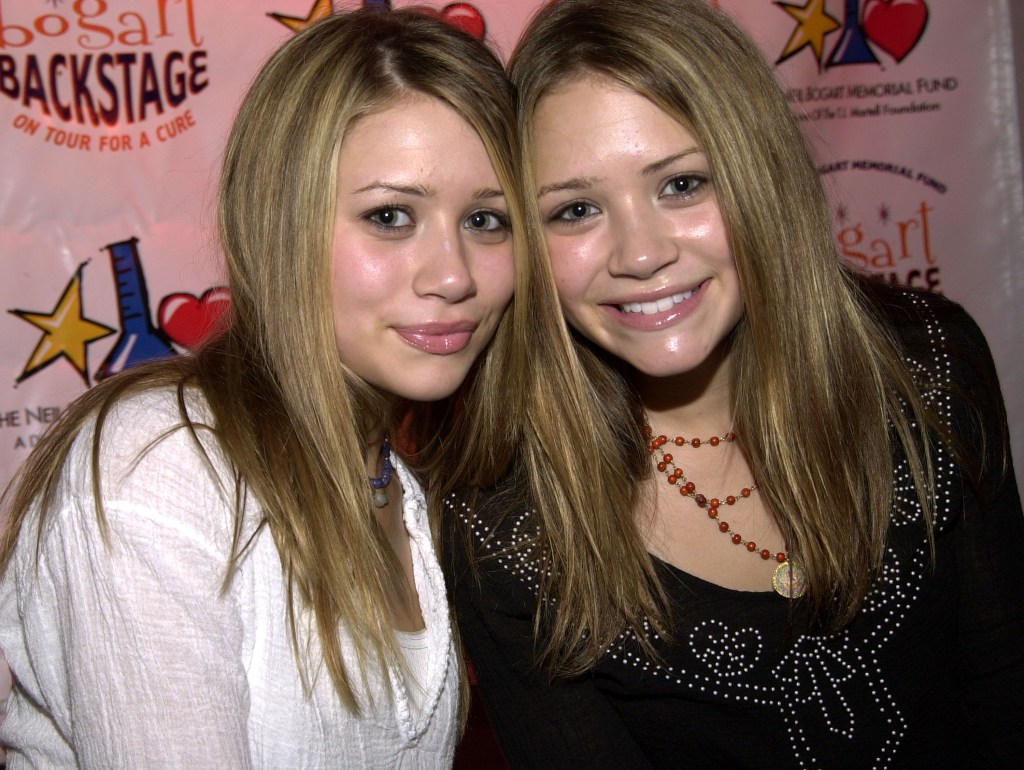Future generations of students, sitting cross-legged on the floor and sharing fun facts about themselves on the first day of school, are projected to miss out on one of the great cultural artifacts of our time: Hearing someone you already know to be a twin announce, “Fun fact about me is………… I’m actually a twin.”
According to new data from the CDC, there’s just not as many sets of twins being born in the United States these days. Between 2014–2018, the twin birth rate declined by four percent; it’s the lowest the rate has been in more than 10 years, and the first time it’s dropped in more than three decades. In 2018, only 33 per every 1,000 births involved a set of twins.
Videos by VICE
The golden era for having twins started in 1980 and continued basically all the way up to 2014. Per the Washington Post, demographers credited the Big Twin Boom to the popularization of fertility treatments in the 80s, plus women choosing to have children later in life (older women are more likely to have twins). This new data shows that twinning (a real science word, apparently!!) rates remained relatively stable among women in their 20s, but declined in women 30 and older. Women over 40 saw the most severe dip in twin birth rates.
Researchers hypothesize that the downward trend is likely a result of fertility tech, like in-vitro fertilization, getting better. “It is difficult to know for sure from the data in the NCHS report what the recent drop is linked to. However, given that declines are concentrated among older mothers, some would argue that changes in reproductive technology are likely playing a role,” Gretchen Livingston, a senior researcher at the Pew Research Center, told the Washington Post. While it was once common practice for fertility doctors to transfer multiple embryos—sort of a hedge-your-bets situation—as technology has improved, it’s become more common to transfer just one at a time.
None of this means anything, really, except that there will be…fewer sets of twins around in the years to come. That’s a bummer, because twins are generally kinda fun. People like to be twins. If identical, they can pull that fun prank where they switch clothes for a day and mess with all their friends. If not-identical, they get to spend their lifetimes saying, “I know, it’s crazy we’re twins, right?!” I like that!
Sign up for our newsletter to get the best of VICE delivered to your inbox daily.
Follow Hannah Smothers on Twitter.
More
From VICE
-

Photo: drante / Getty Images -

Photo: dbvirago / Getty Images -

Credit: DuckDuckGo -

Photo: Oleg Breslavtsev / Getty Images
